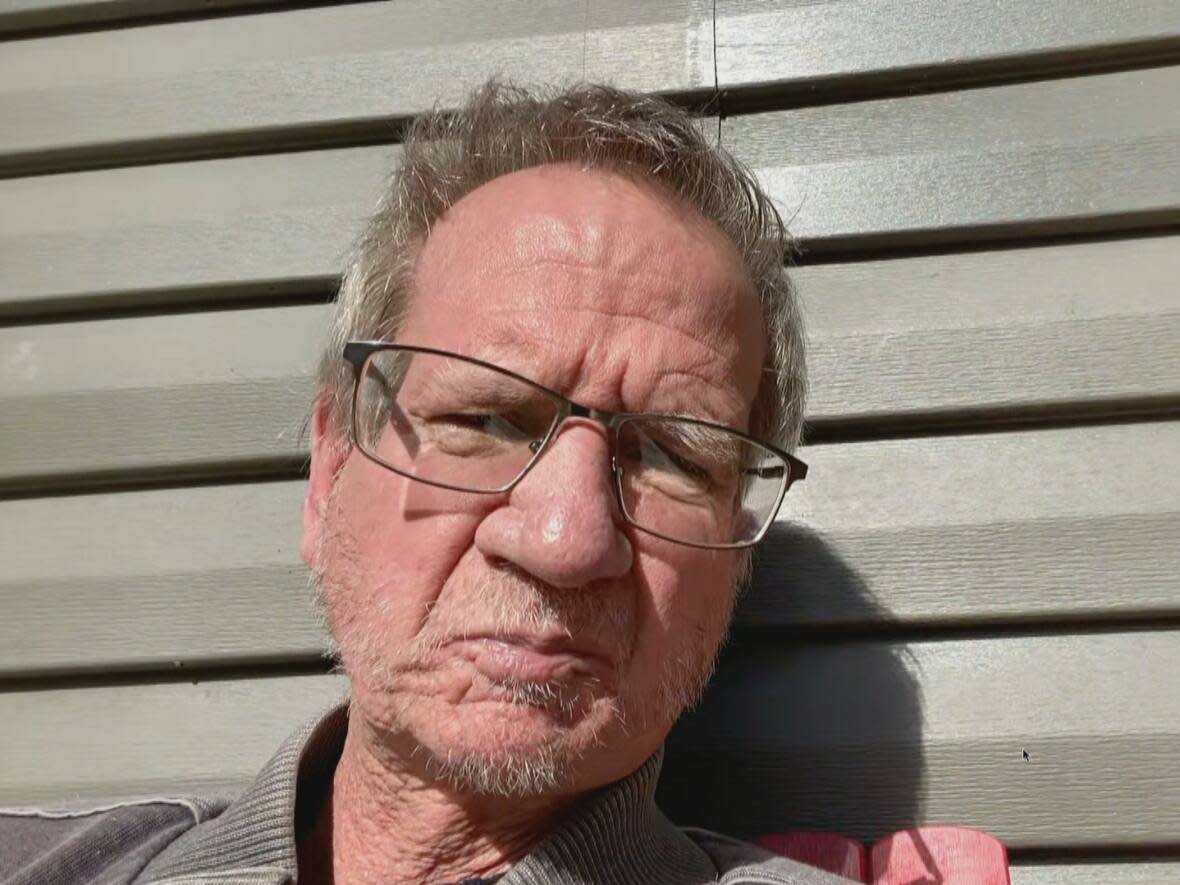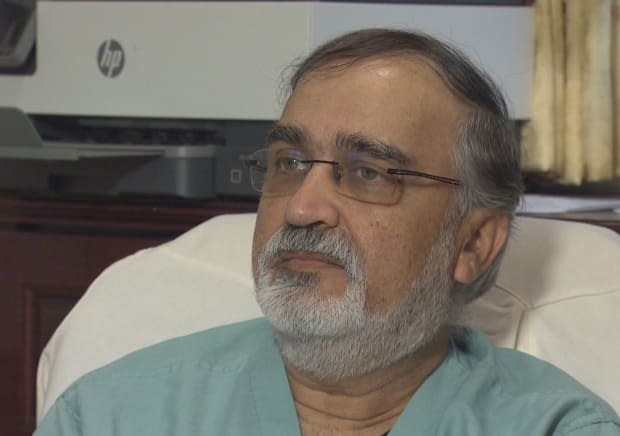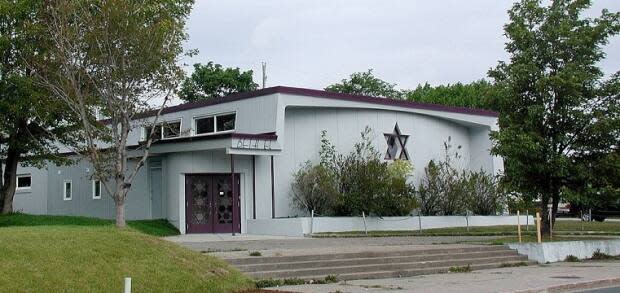Anglican bishop says N.L.'s vaccine passport needs clarification

An Anglican bishop in Central Newfoundland says the Diocese of Central Newfoundland will require proof of vaccination for all of its regular services starting Oct. 22 — but calls the provincial government's vaccine passport "ambiguous" and "confusing."
In a message to the church community posted earlier this week, Bishop John Watton said the province has "made it clear that proof of vaccination is required of all churches by law."
The government has stated that if faith-based organizations do not verify proof of vaccinations at gathering, they must abide by strict rules, including limiting gatherings to 50 per cent capacity, requiring people to wear masks, and banning singing.
The diocese had been planning to go that route, but in his message Watton said the government has "made it clear that the requirements mandated should the vaccination protocol not be used is not an optional pathway but is only to be used in exceptional circumstances."
Watton said the government's messaging around new vaccine rules "created an ambiguity and negative energy that could have been avoided."
Watton said he's heard from people in the church community who are for a vaccine passport and people who are against it.
Some, he said, are angry about it, but despite that Watton wrote that the diocese has "reached the conclusion that we would support the vaccination passport protocols."
Still, he says it's a complicated situation because the vaccine passports would mean unvaccinated people might not be permitted to attend worship, which he said goes against Anglican theology. .
"We affirm our love and commitment to unvaccinated individuals, and commit to doing all that we are permitted to ensure inclusion as members of our faith community," he wrote.
Other religious organizations disagree
However both the Newfoundland and Labrador Muslim Association and the president of the Beth El Synagogue said the directions from the government are clear. Both religious organizations plan to require a vaccine passport to attend services.
The Muslim Association says it implemented its own registration process to screen people entering the An Nur Masjid mosque in St. John's before the provincial government started planning its own vaccine passport.

Syad Pirzada, president of the Newfoundland and Labrador Muslim Association, said the mosque will use the vaccine passport but will also continue physical distancing and sanitizing. He said it wasn't a tough decision.
"In our community, I have not heard a single person who is not in agreement," he said. "I don't find that there is any confusion. It's a very good step in the right direction."
Michael Paul, president of the Beth El Synagogue, said if people coming to the synagogue don't have proof of full vaccination by Oct. 22 they will not be allowed in.
He said they have no theological concerns about not letting unvaccinated people inside.
"There is a concept in the Jewish faith called 'pikuach nefesh,' which interpreted from Hebrew to English means the safety of the soul, the safety of a person. There is a major part of the faith that you do what you can to preserve life, to live a healthy life, so it is vital that people look after each individual but after the group as well," said Paul.

Paul said he has not heard a single complaint about the vaccine passport from the synagogue's followers. He also said the rules outlined by the provincial government have not been ambiguous and that the vaccine passport is vital for everyone's safety.
The Roman Catholic Archdiocese of St. John's told CBC its COVID-19 subcommittee is reviewing the information from the provincial government but has not yet completed its report.


